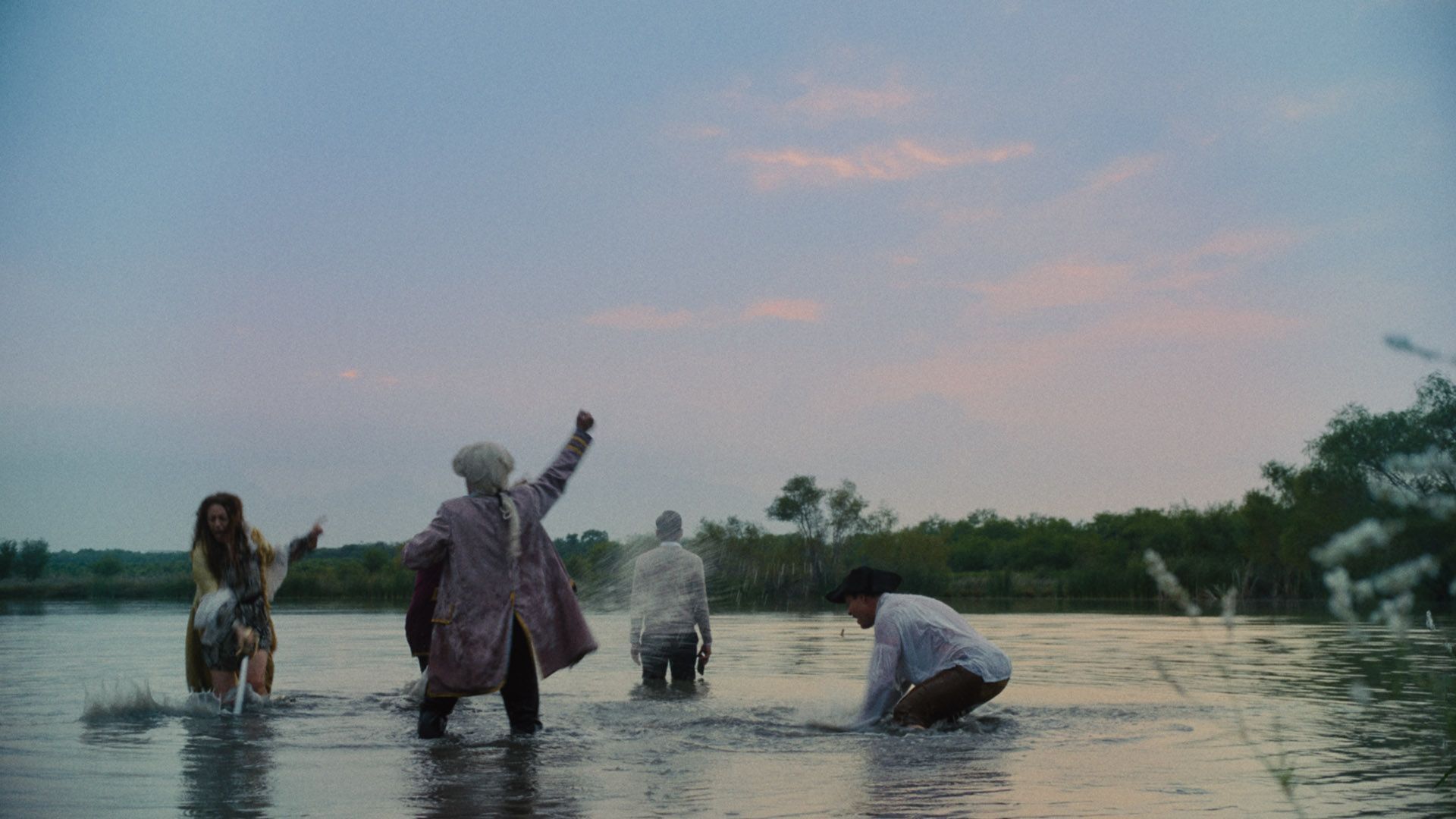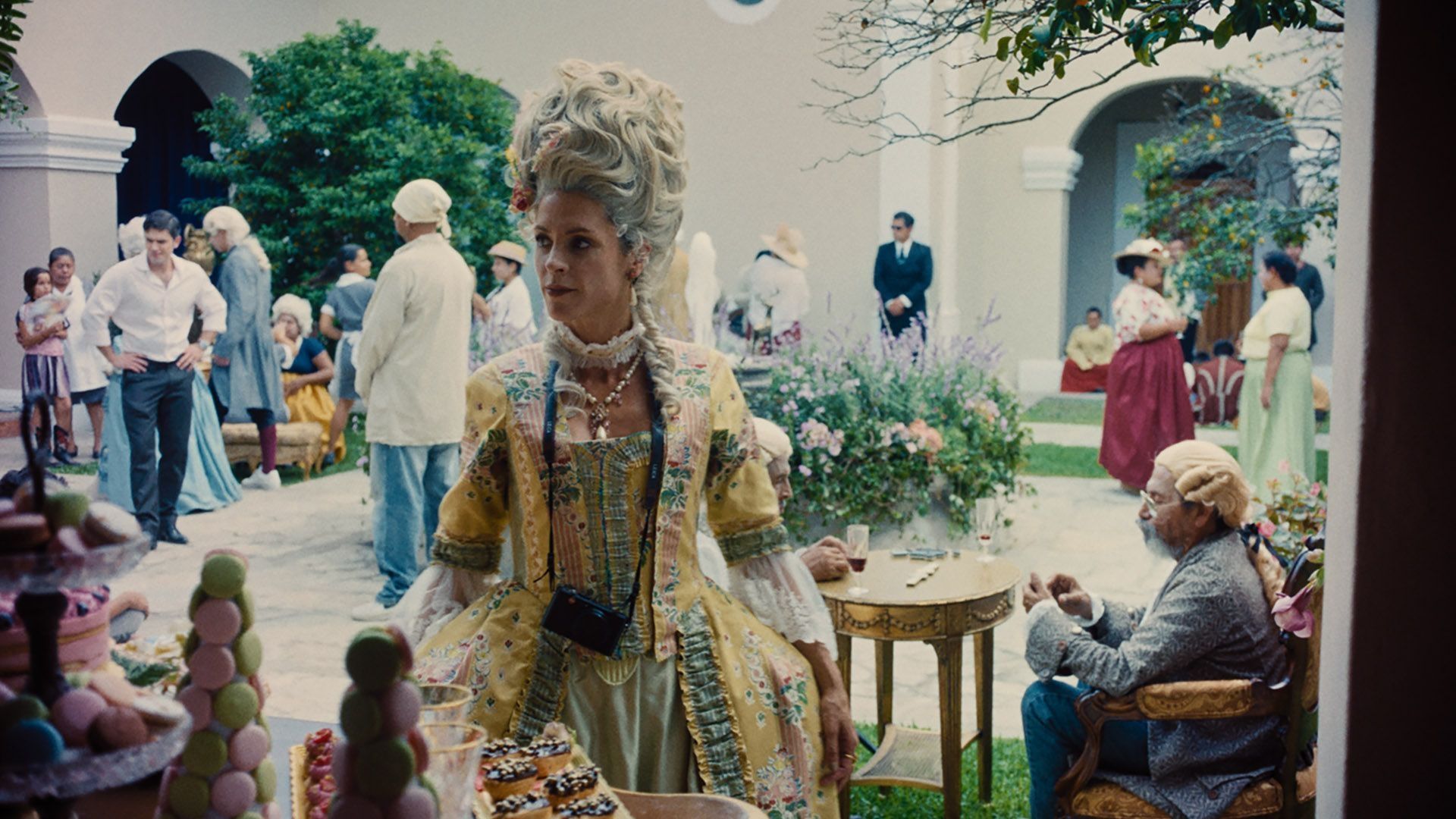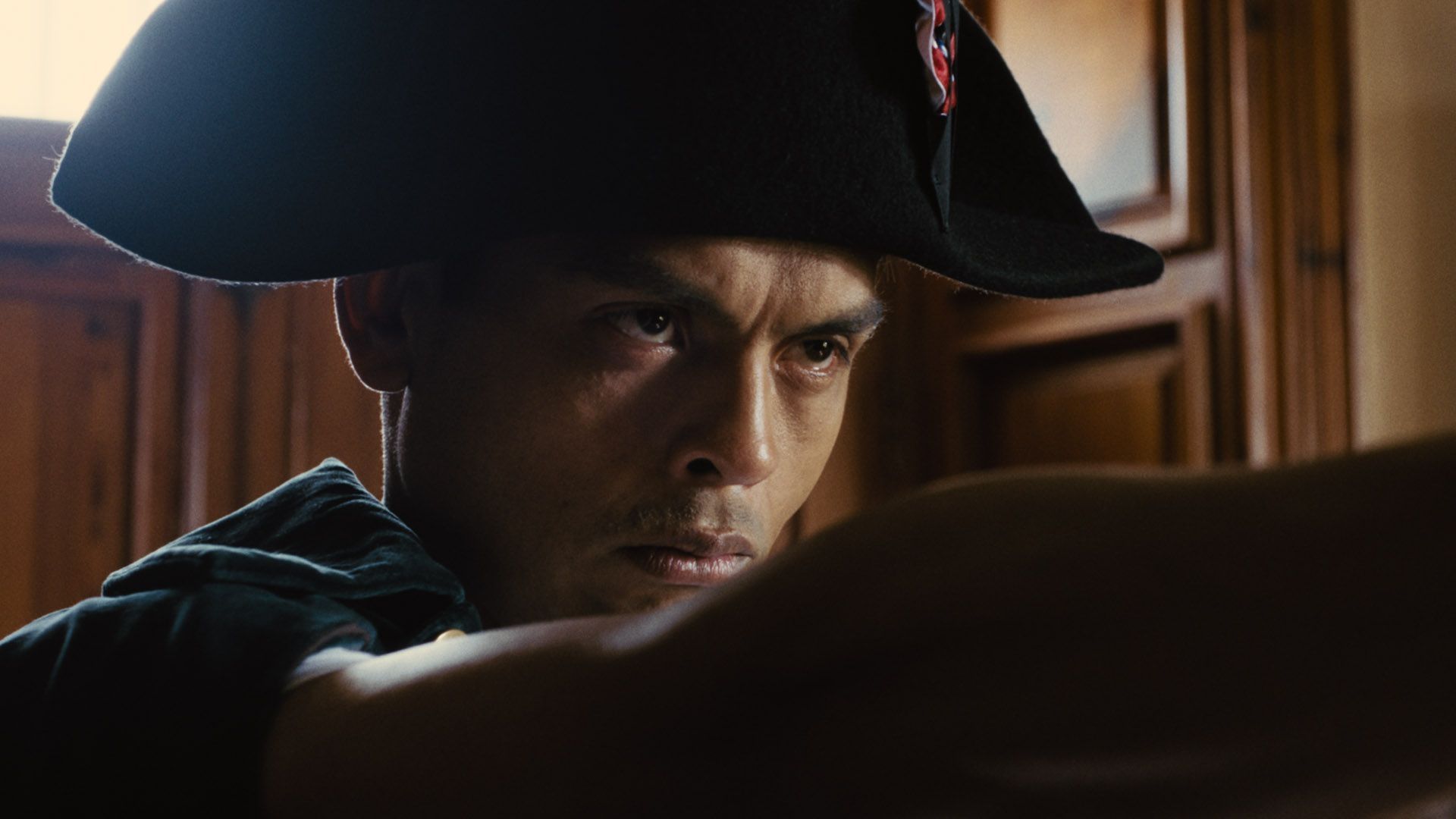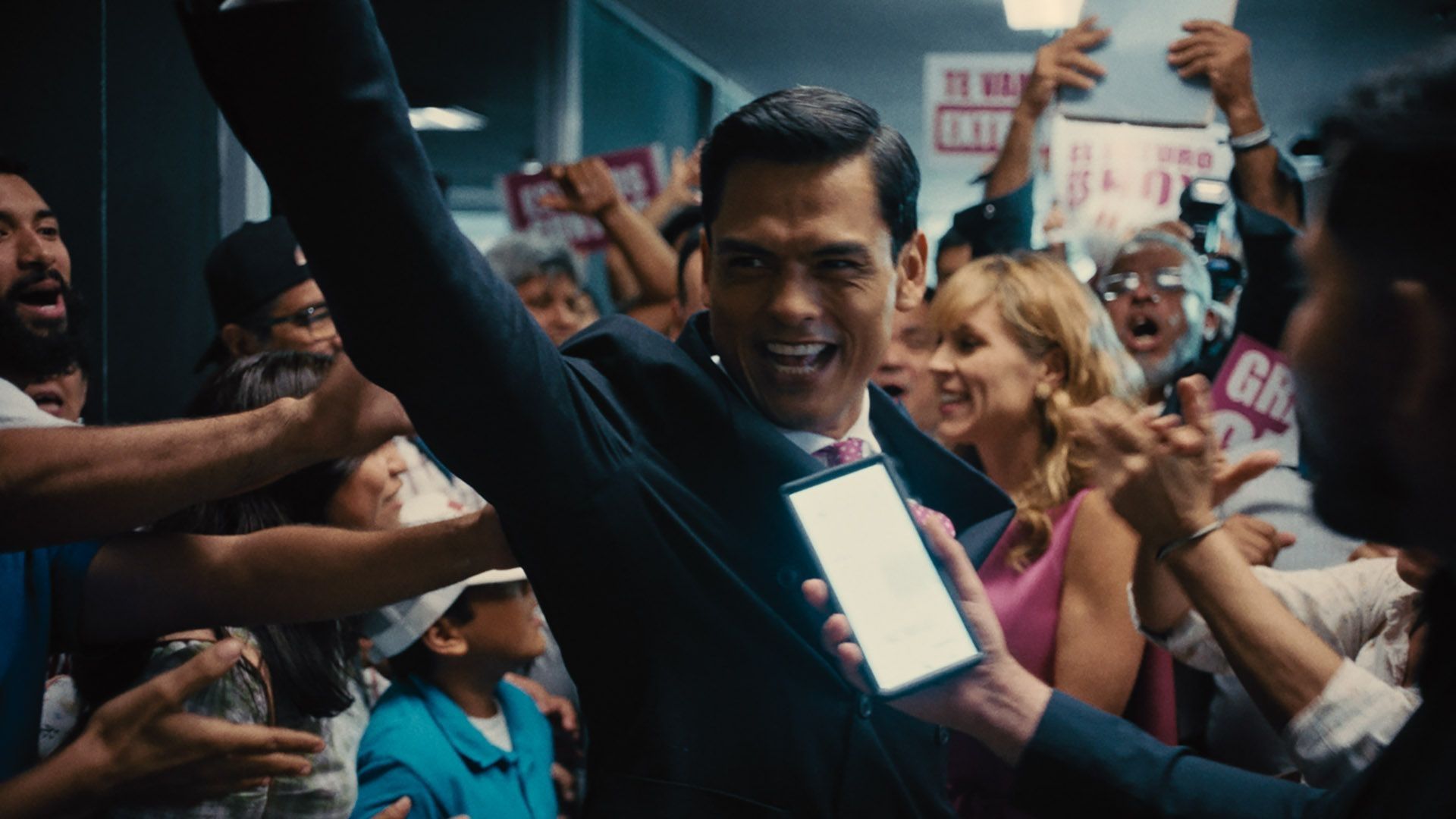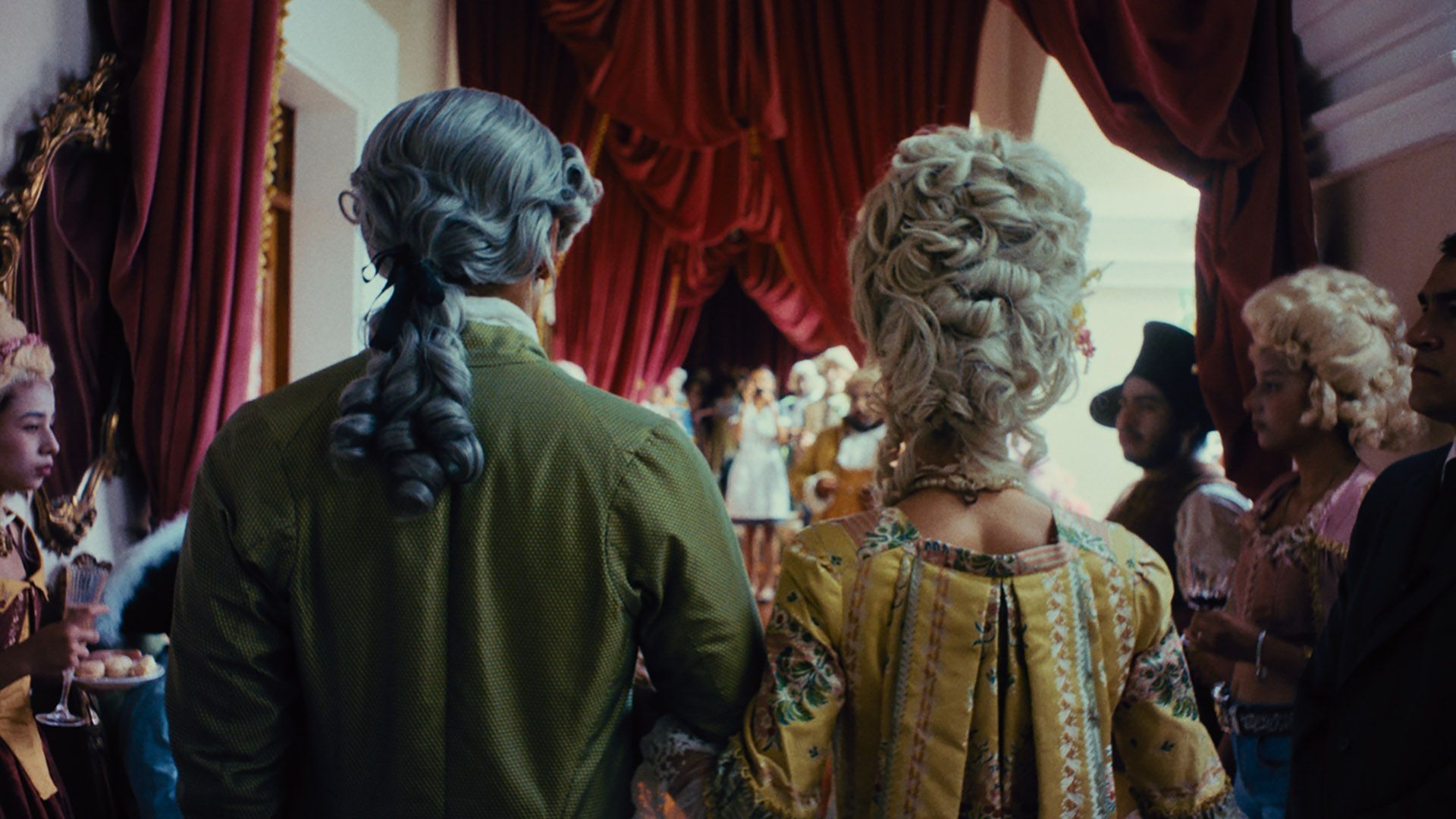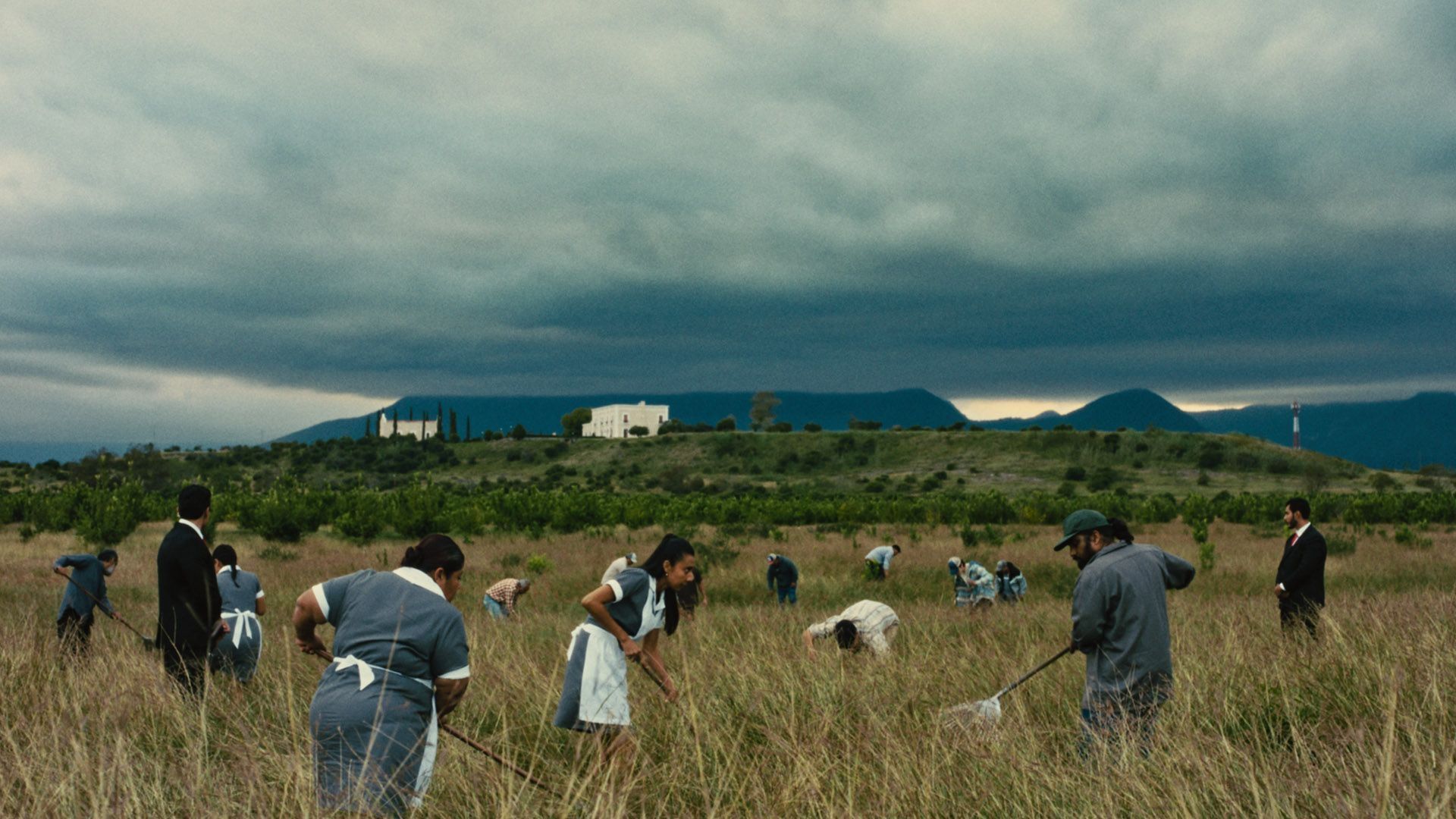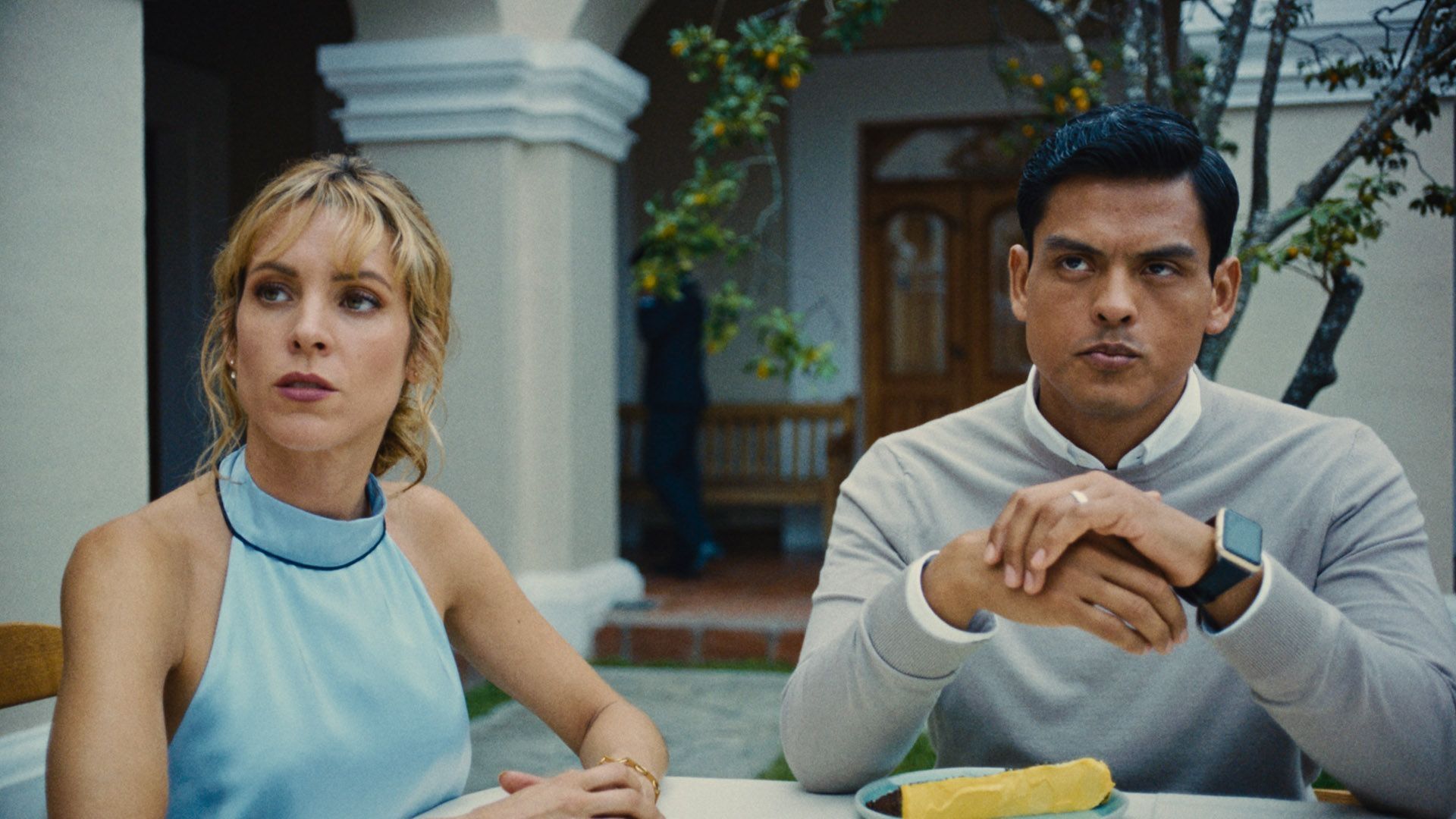Versalles
A fallen politician and his wife reinvent themselves as monarchs, taking inspiration from Louis XIV, the Sun King.
After losing his chance at the Mexican presidency, ambitious politician Chema retreats with his elegant wife Carmina to a countryside hacienda. Exile soon turns into delusion: they crown themselves king and queen of a fabricated realm, household staff are recast as courtiers, halls transform into stages of decadent ceremony, and fantasies spill into cruel punishments and bizarre rituals.
Inspired by works like “The Death of Stalin”, “The Favourite”, and “The Discreet Charm of the Bourgeoisie”, “Versalles” reimagines the decadence of French aristocracy through the lens of modern Mexican politics. With irony, theatrical exaggeration, and striking visual symbolism, it explores how power corrupts, how perception shapes reality, and how civility crumbles under an unrestrained ego. Blending satirical drama with absurdist comedy, this dark fable thrives on the magnetic performances of its leads: Cuauhtli Jiménez embodies Chema’s descent into megalomania, while Maggie Civantos infuses Carmina with wit and sharpness, making her both accomplice and instigator, their volatile chemistry exposing the fine line between governance and act, ambition and delusion, history and farce.
Massimo Iannetti
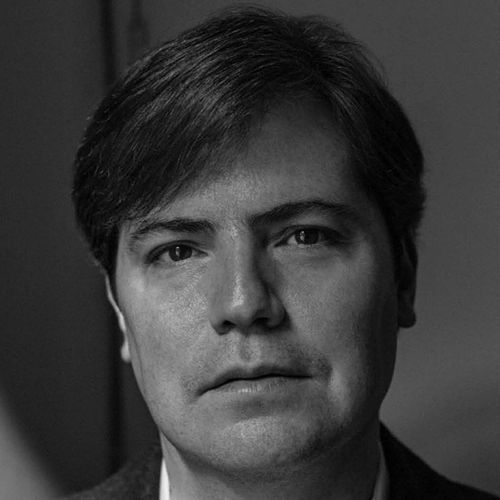
Andrés Clariond (1977) has a BA in Law with a minor in Film Studies from the University of Monterrey. He also holds a master’s degree in Cinematography from the University of Columbia, New York, with a major in film directing. He has directed several shorts, such as “Tentaciones” (1999), “Quimeras” (2001), “Parejos” (2005) etc. “Hilda” (2014), his first feature film, was screened in around 120 cinemas in Mexico and received excellent reviews. “Versalles” is his third full-length feature film. Besides his career as a film director, Andrés Clariond is an editorialist with Grupo Reforma.
Filmography:
Hilda (2014), Territorio (Close Quarters, 2020), Camino a Roma (co-dir, doc, 2020), Versalles (2025)
Grand Prix for The Best Film, grant of 20 000 euros from the city of Tallinn, Award for Best Director, grant of 5000€ from Alexela


